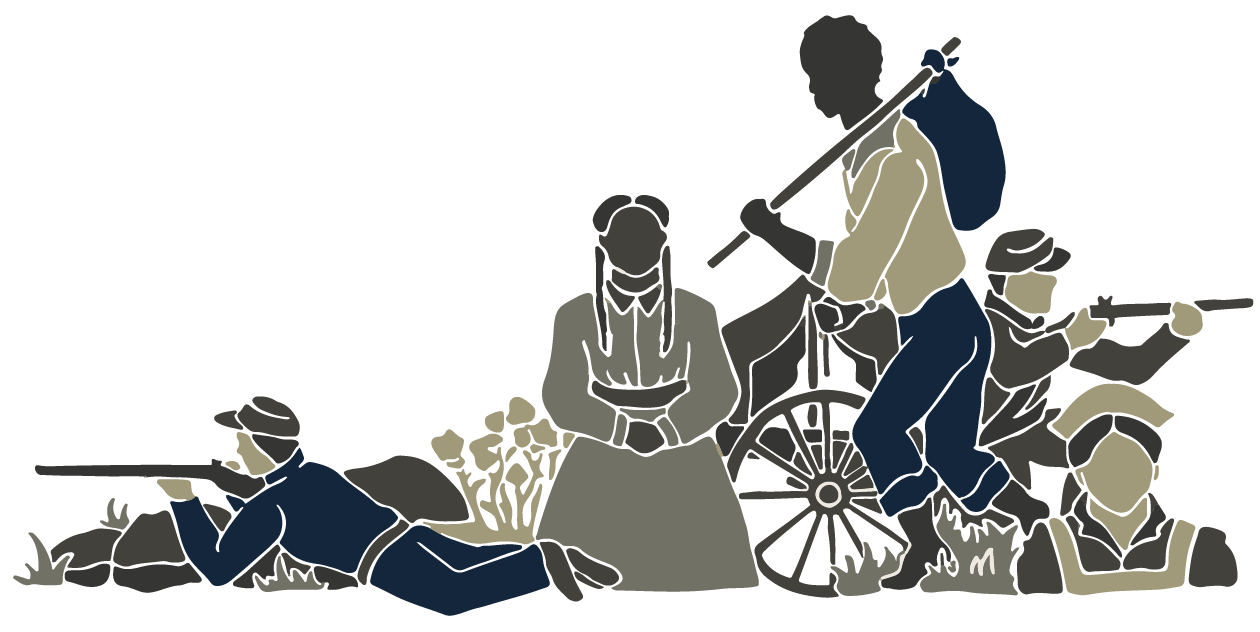7.5/10
N/A
Andersonville is a 1996 direct-to-television mini-series that follows Union soldiers who were captured by the Confederate army and sent to Andersonville, the deadliest Civil War prisoner of war camp. Much of the mini-series was inspired by a diary kept by an inmate, John Ransom, recording his personal experiences within the camp. It focuses on rebellions and the unbearable living conditions within the camp.
The series was made in the mid-1990s in the same era as Gettysburg and Glory. Like many films of the era, Andersonville focuses on the lives of soldiers. Its form as a mini-series was inspired by the release of Ken Burns’s docuseries six years before.
The mini-series was well received, earning an Emmy for Best Director for a Mini-Series. Historians and critics both noted that while historical accuracy had not been the main goal, the series did communicate well what it was like to be imprisoned in the camp.
FURTHER READING
Books
Gene Hackman and Daniel Lenihan, Escape from Andersonville : A Novel of the Civil War, New York: St Martin’s Press, 2008.
Ed Glennan, Surviving Andersonville: One Prisoner’s Recollections of the Civil War’s Most Notorious Camp, Jefferson: McFarland Incorporated Publishers.
R. Fred Ruhlman, Captain Henry Wirz and Andersonville Prison: A Reappraisal, Knoxville: University of Tennessee Press, 2006.
Robert Davis, Ghosts and Shadows of Andersonville: Essays on the Secret Social Histories of America’s Deadliest Prison, Macon: Mercer University Press, 2006.
Articles
Robert Davis, “‘Near Andersonville: An Historical Note on Civil War Legend and Reality,” The Journal of African American History 92, no. 1 (Winter 2007).
Dora Costa and Matthew Kahn, “Surviving Andersonville: The Benefits of Social Networks in POW Camps,” The American Economic Review 97, no. 4 (September 2007).
Robert Davis, “Escape from Andersonville: A Study in Isolation and Imprisonment,” The Journal of Military History 67, no.4 (October 2003).
Film Reviews
William Marvel, “Multimedia Review: Andersonville: CWT,” Historynet, August 19, 2000.
Return to the History of Film and the Civil War Project main page.
